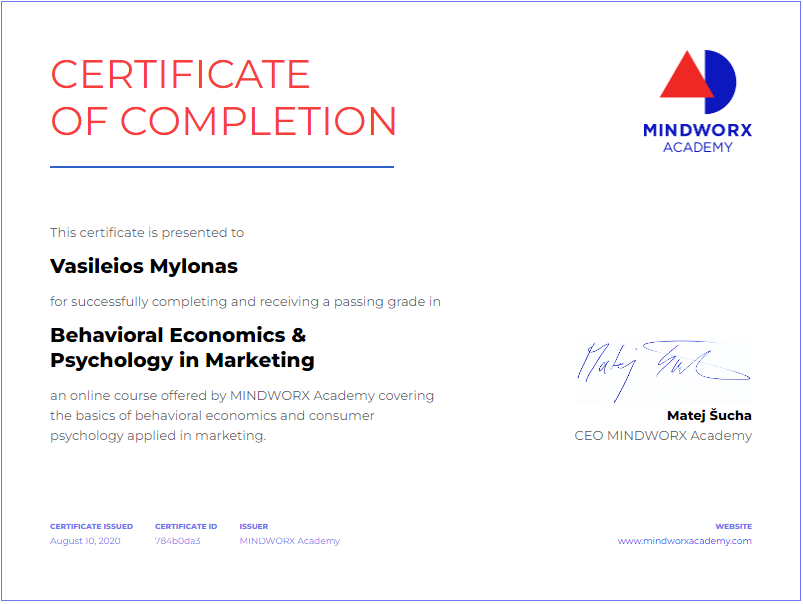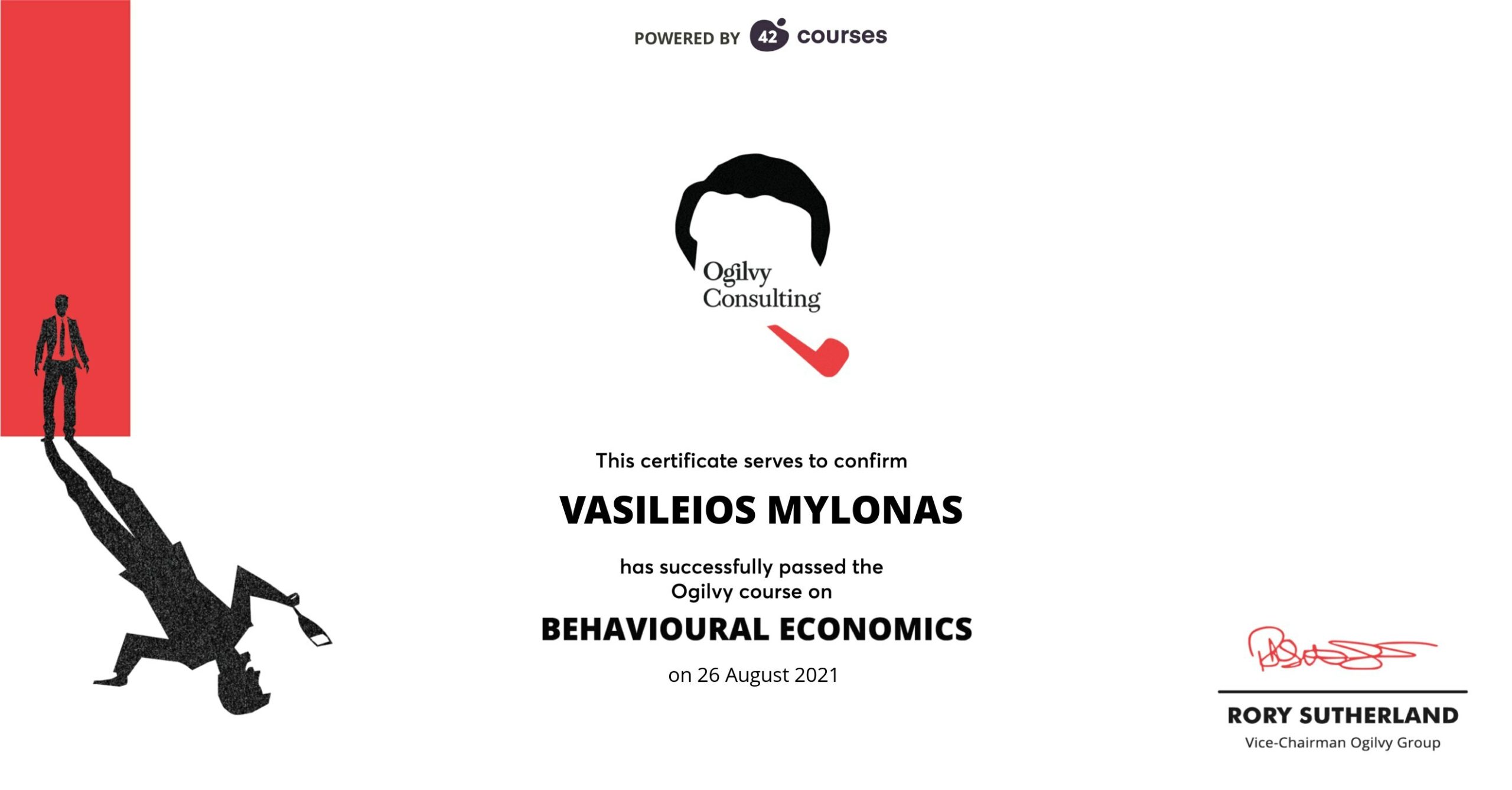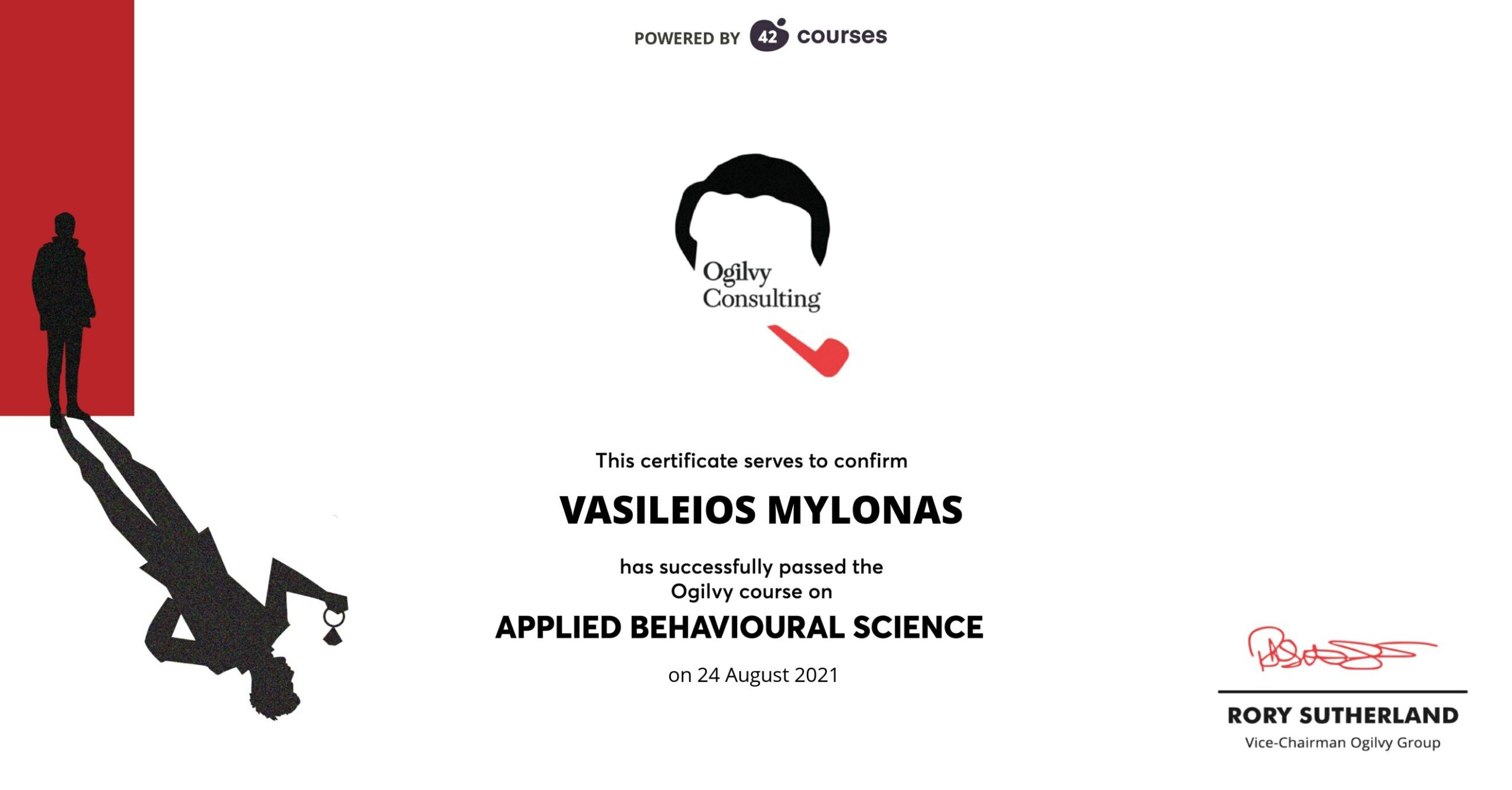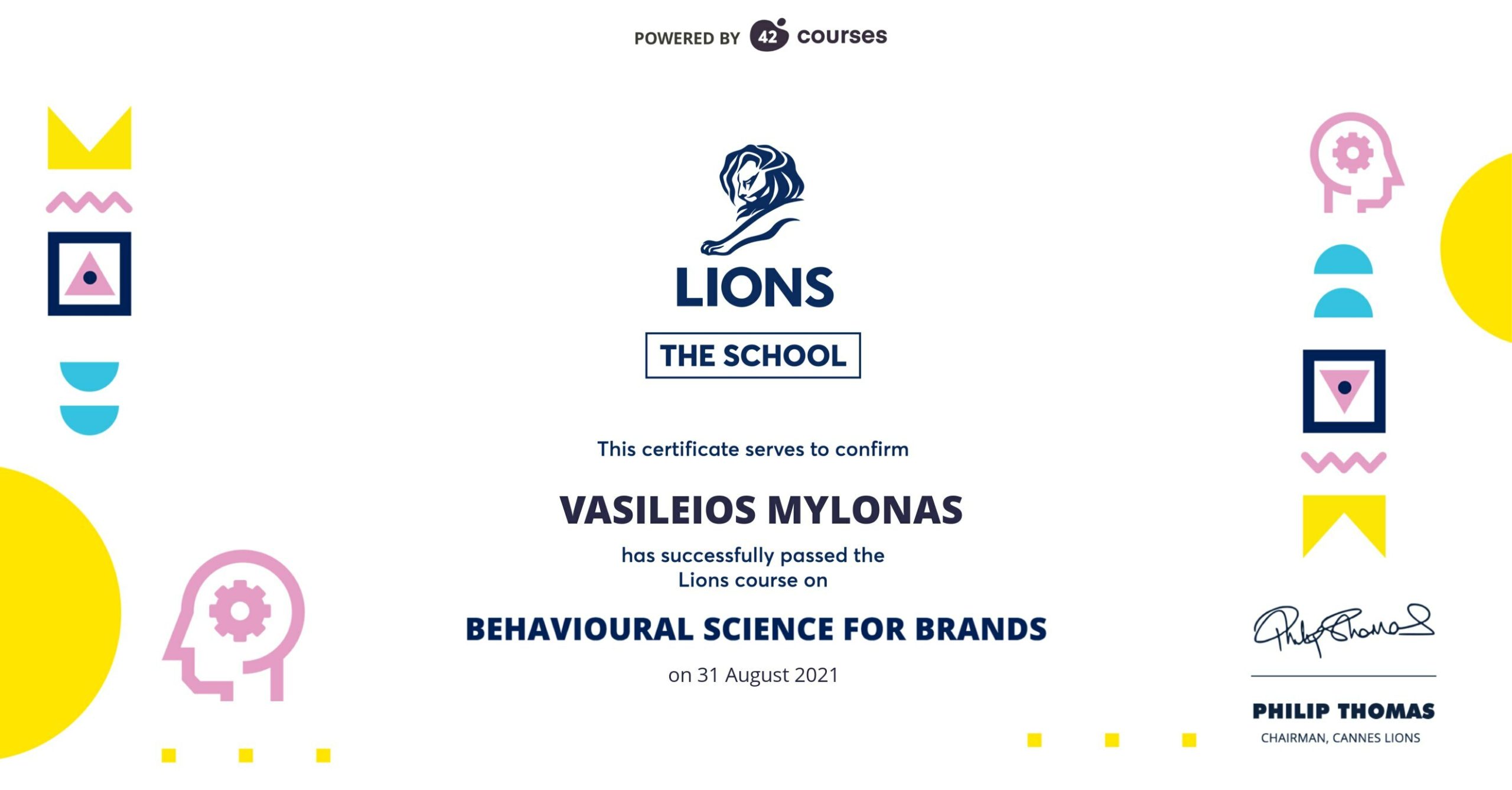Unveiling Behavioral Economics: A Young Yet Influential Discipline.
Unveiling Behavioral Economics: A Young Yet Influential Discipline.
In its relatively brief existence compared to other sciences, Behavioral Economics has garnered remarkable recognition, distinguishing itself with Nobel prizes and pioneering experiments. These studies shed light on the nuances of human decision-making, highlighting patterns of our often-irrational behavior and offering insights that other disciplines had previously missed.
Delving into Behavioral Economics: Insights for Better Decision-Making
DEFINING BEHAVIORAL ECONOMICS
Behavioral Economics delves into the impact of psychological, social, cognitive, and emotional factors on our economic decisions. It then harnesses these insights to better comprehend, influence, and predict behavior in economic contexts.
THE VALUE OF BEHAVIORAL ECONOMICS
From daily decisions to broad economic strategies, the principles of Behavioral Economics resonate. By grasping these concepts, professionals can refine their workflows, achieving goals with minimized friction and maximized returns.
This discipline shines particularly in understanding consumer behavior. The commerce sector can gain tremendous advantage from the wealth of existing case studies rooted in Behavioral Economics.
Today’s businesses constantly strive to optimize their expense-to-profit ratio, often relying heavily on extensive market research and vast data analysis. However, it’s crucial to understand that ‘big data’ may not always be the solution; sometimes, precise, smaller datasets provide quicker, more cost-effective answers. Here’s where the expertise of a Behavioral Economist becomes invaluable.
INFLUENCING HUMAN BEHAVIOR: THE ART OF THE NUDGE
How can one subtly guide human behavior? Behavioral economists utilize a tactic known as “nudging.” Defined succinctly: A nudge is any element of choice architecture that predictably guides behavior, without eliminating options or significantly altering economic incentives. It’s about subtle guidance, not imposition. For instance, placing fruit at eye level is a nudge, while outright banning junk food isn’t.
IN SHORT
Behavioral Economics equips us with a deeper understanding of customer behavior, offering tools to both predict and shape it.

Just my class being featured right next to the great Philip Kotler, in the Next Mba platform.
Few of the many courses I have attended.






Few of the many courses I have attended.






